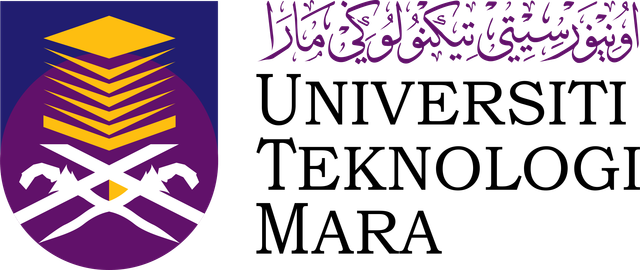SIGNIFIKANSI KURATORIAL DALAM PROSES EDUKASI APRESIASIPUBLIK PADA PAMERAN SAPUAN KUAS DAN KELALIMAN BENTUK
DOI:
https://doi.org/10.15294/eduarts.v13i2.3705Keywords:
curatorial, education, apreciation, artAbstract
This paper discusses the concept, purpose and function of art education in the context of national education, with an emphasis on art appreciation. From a cultural perspective, art education is believed to contribute to the formation of creative capacity and cultural awareness of society. The aim of this research is to analyze the curatorial significance of the temporary exhibition "Sapuan Kuas dan Kelaliman Bentuk" as an explanation of public appreciation . This research uses a qualitative approach to explore in-depth understanding of art education governance, with a focus on curatorial-based art appreciation education patterns in temporary art exhibitions. From the results of the research, it is concluded that curatorial plays an important role in bridging appreciation between artists and appreciators. Curators are responsible for presenting visual explanations of artworks, facilitating dialog between the observer and the art object. Art exhibitions, such as "Sapuan Kuas dan Kelaliman Bentuk," become laboratories for creating aesthetic experiences and informal education for the public. Managerial approaches in the governance of art education are also discussed, focusing on planning, organizing, supervising, and evaluating. Galeri Semarang uses various strategies to promote and invite appreciators from different backgrounds, creating an experience of heterogeneity that enriches art appreciation. This study provides insights into the importance of art education in enriching people's cultural lives and offers a model of effective art education governance in the context of fine art exhibitions. Further research can explore the practical implications of these findings in improving art education and art appreciation in various formal and non-formal education contexts.





